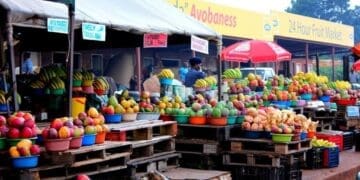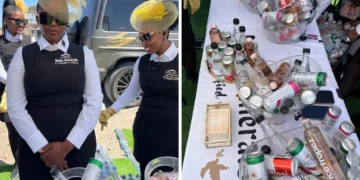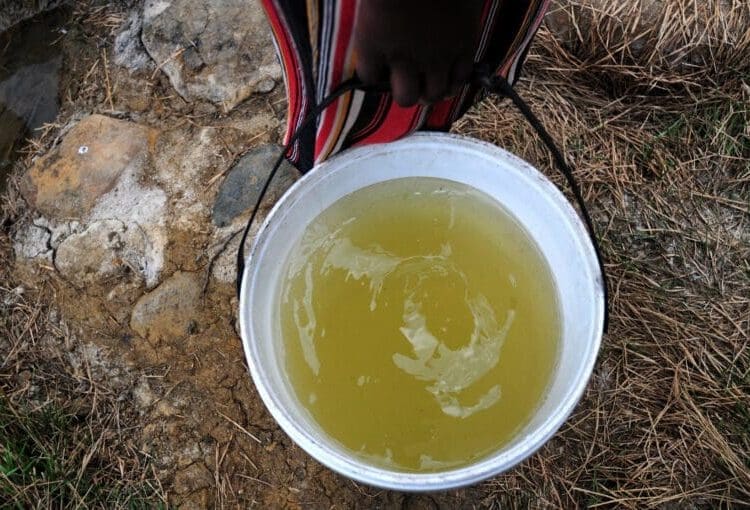Small business owners in Hammanskraal, north of Pretoria, are sounding the alarm over the ongoing dirty water crisis. They say it continues to undercut livelihoods, inflate operational costs and poses a growing threat to their customer base and community well-being.
Despite promises of intervention following national attention on the state of water in Hammanskraal, informal traders and small water suppliers say very little has changed and they have been left to carry the burden of water safety themselves.
Sibongile Mofokeng, owner of Crystal Blue Waters, a water purification and bottling business operating from the outskirts of Temba, said demand for clean water has soared, but so have her costs.
“We’ve seen a sharp increase in walk-in customers who no longer trust tap water, but sourcing and purifying water has become more expensive,” Mofokeng explained.
“We buy bulk untreated water and purify it ourselves, but with power cuts and increased filter costs, our margins are shrinking. The crisis is helping us grow, but it’s also draining us financially,” she said.
For many informal food vendors, the lack of safe water has turned into a daily struggle.
Nkele Ndlovu, who sells cooked meals at a busy taxi rank near Jubilee Mall, said she now spent a significant portion of her earnings buying bottled water just to prepare meals.
“I used to cook using municipal water without thinking twice, but since the reports about contamination, customers are more cautious and so am I,” said Ndlovu.
“I now buy 10 to 20 litres of bottled water daily. It’s expensive, but I don’t want to lose my customers or make anyone sick.”
In 2023, the Water and Sanitation Department confirmed that water supplied in Hammanskraal did not meet minimum safety standards, sparking concern across the region.
While emergency water tanks and boreholes were introduced in some areas, small businesses say they are unreliable and insufficient.
“It’s difficult to run a car wash when water is rationed and dirty,” said Thabiso Molefe, who operates a small car wash near Ramotse.
“Some customers don’t come anymore because they know the water leaves dirt or even smells bad. I’ve had to truck in clean water at least once a week, which eats into my profits.”
The businessowners expressed frustration at the slow pace of the government’s response, calling for more targeted support for SMMEs, including subsidies for water purification equipment and reliable delivery of clean water.
The South African economy leans heavily on SMMEs, especially in townships and informal areas. Yet, in communities like Hammanskraal, businesses are left to navigate basic service failures on their own.
“The water crisis is more than a health issue, it’s an economic one,” Mofokeng said.
“We’re expected to create jobs and grow the economy, but we can’t do that while worrying if our next litre of water will be safe to use.”
While the department declared water in Hammanskraal fit for human consumption in February, the experiences of residents tell a different story.
The government has appointed Magalies Water Board to construct a 50 megalitre package plant (water treatment works), which is being built in four phases. The first phase was launched in November last year.
The last phase is expected to be completed in June.
























































